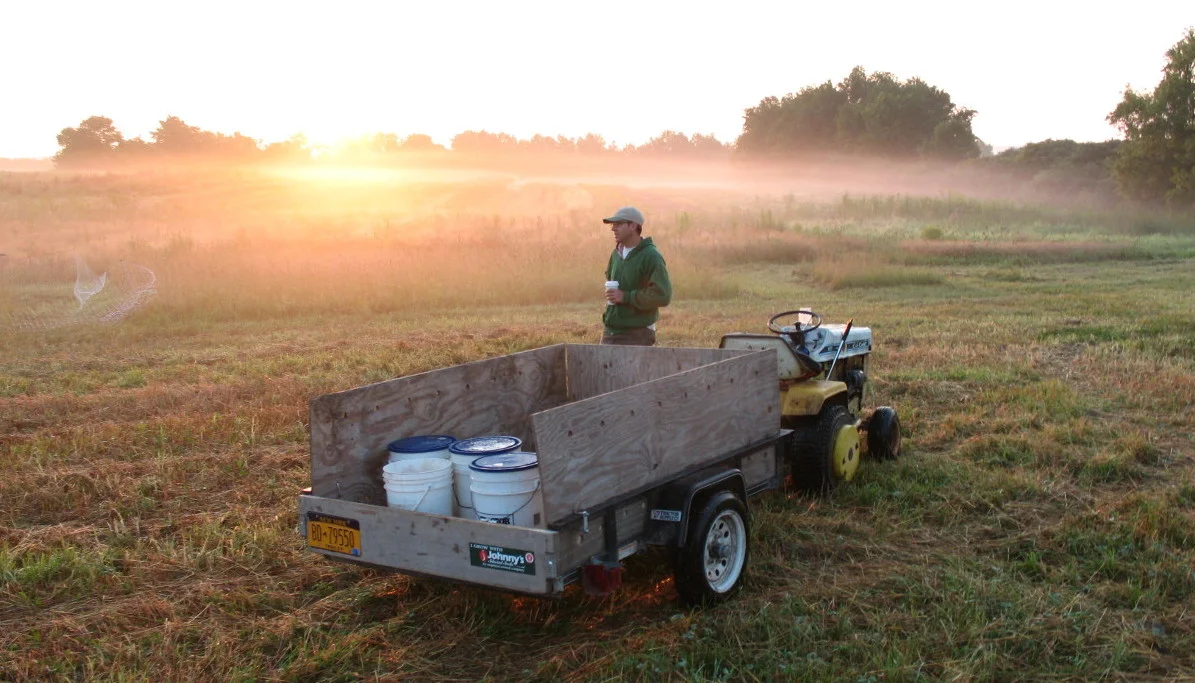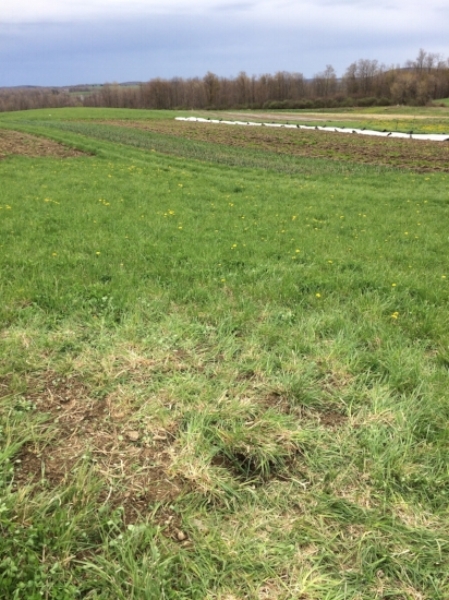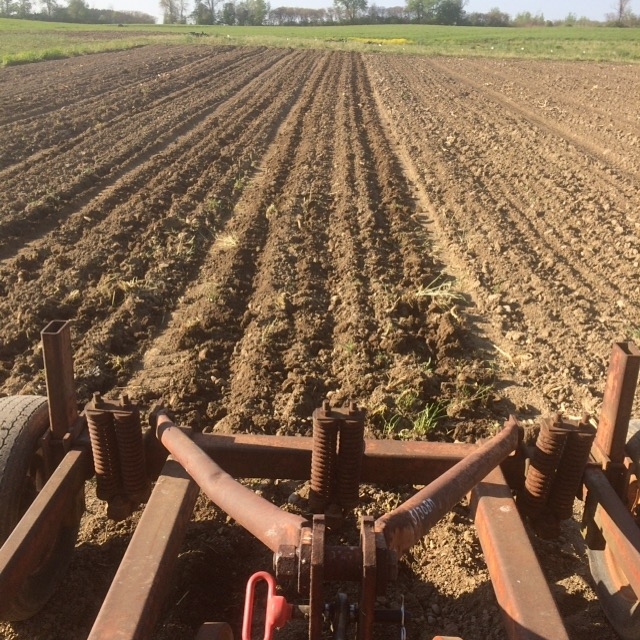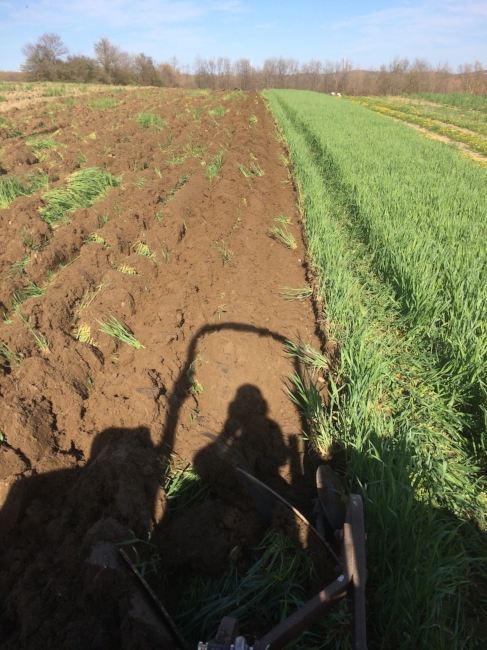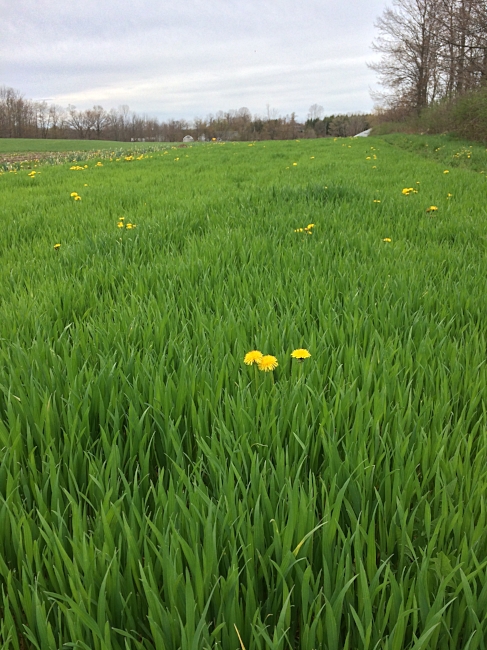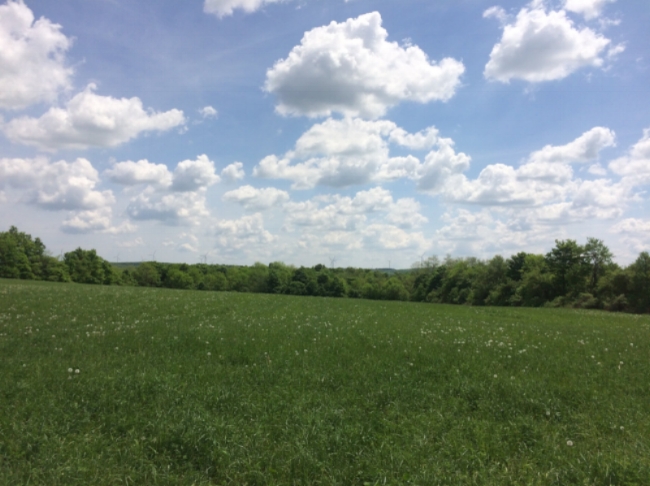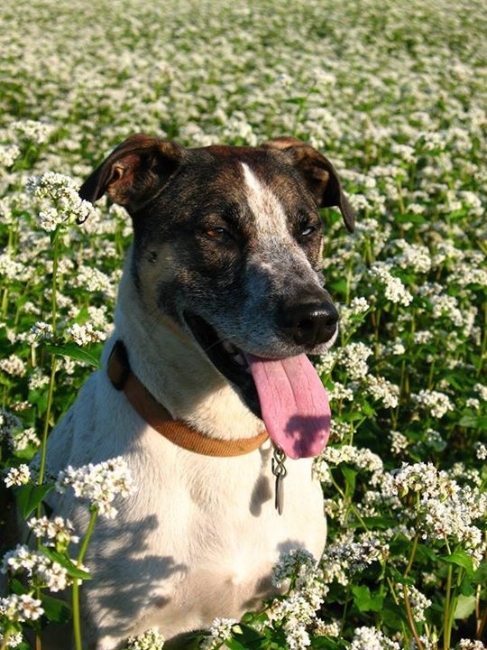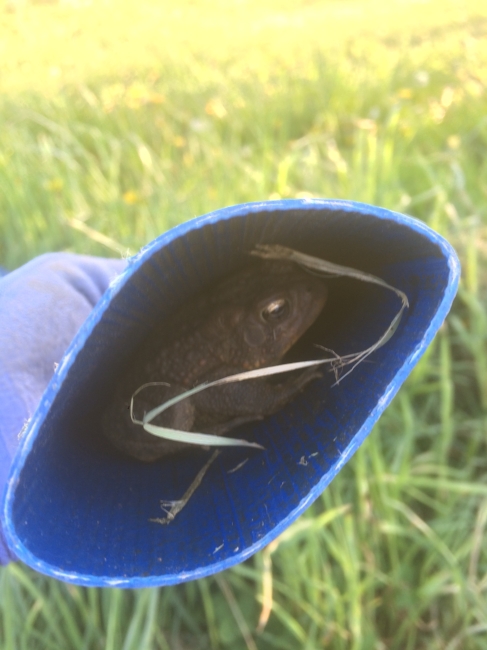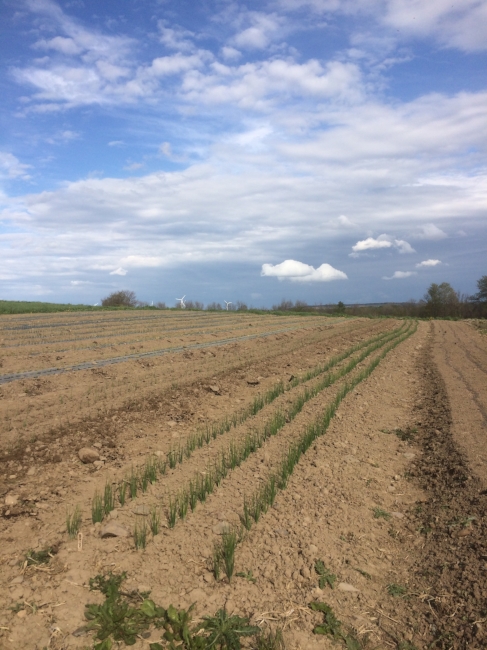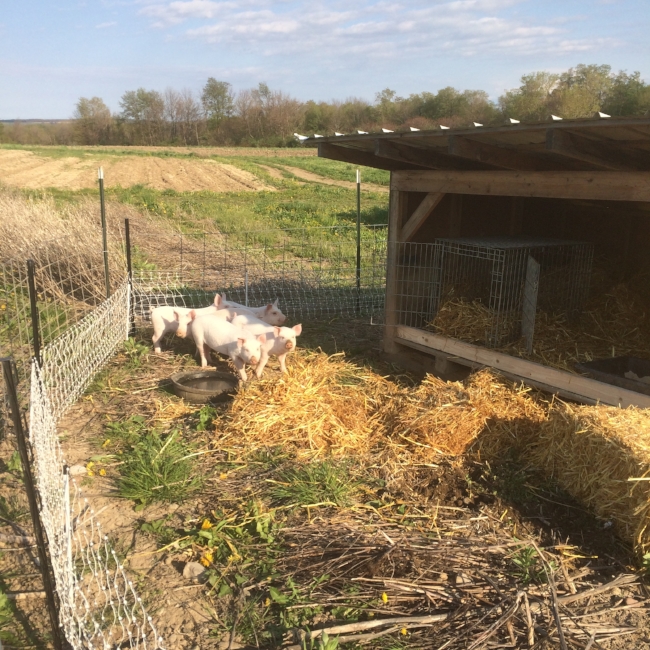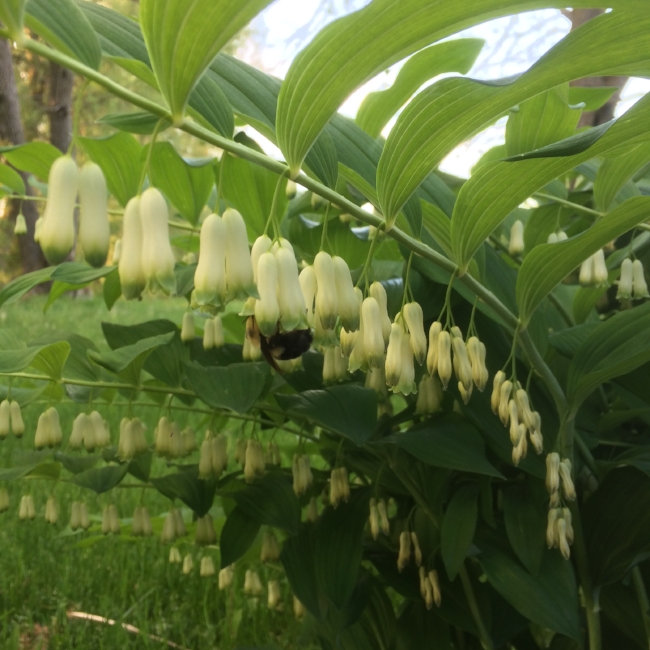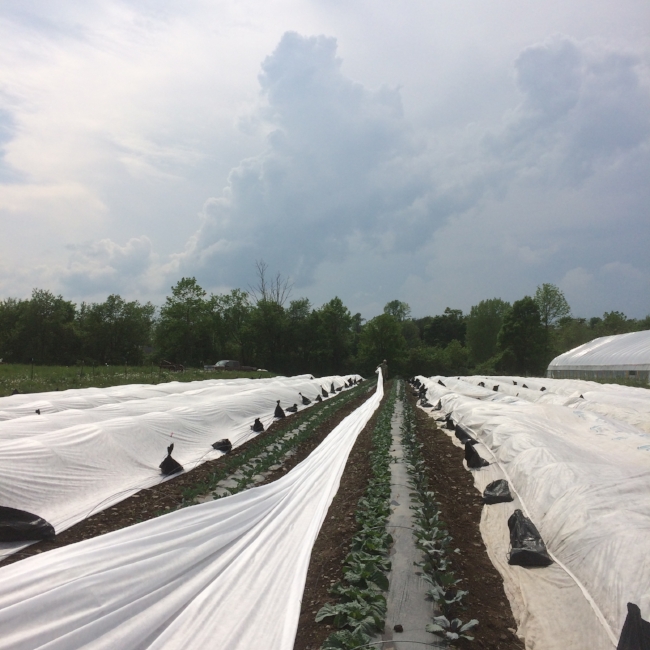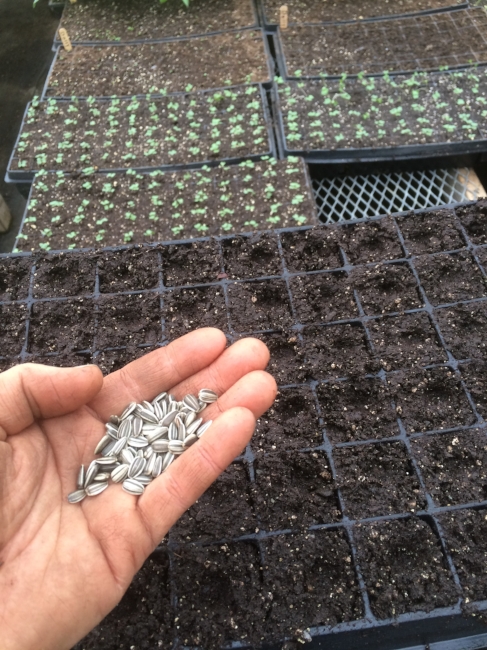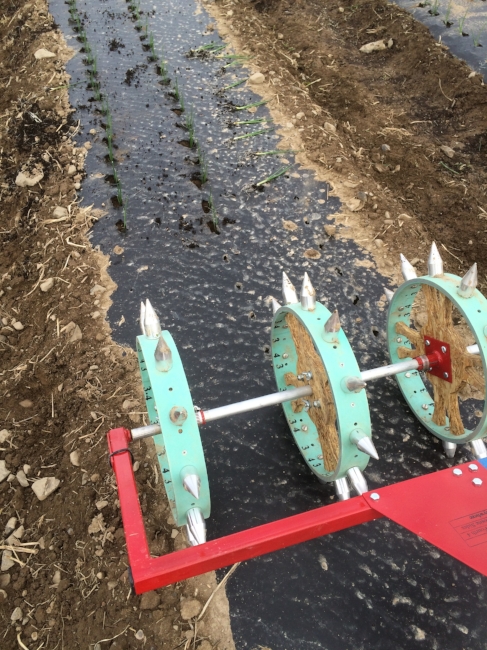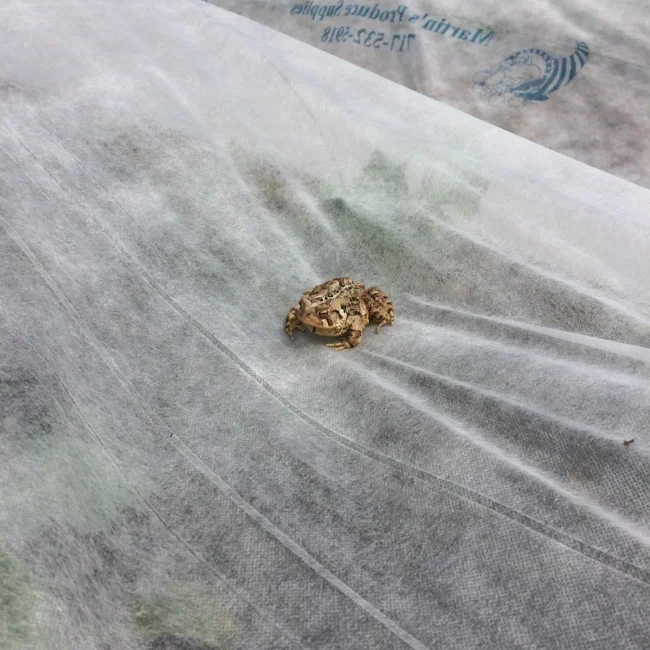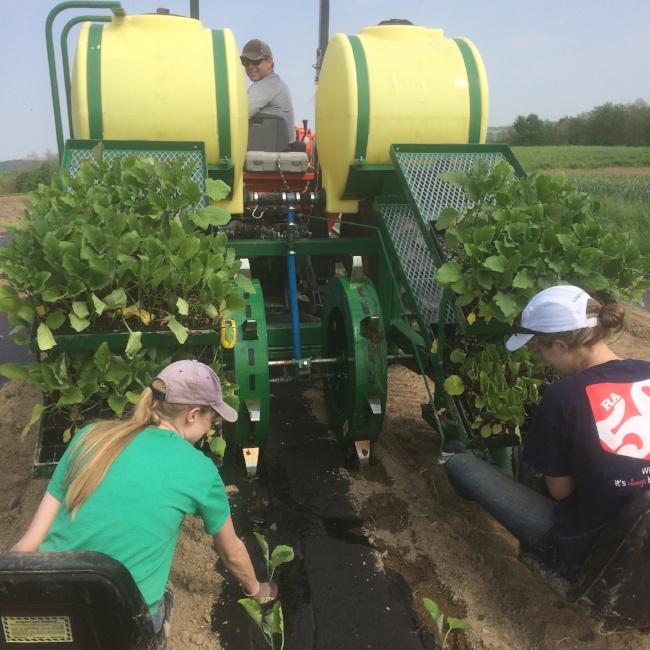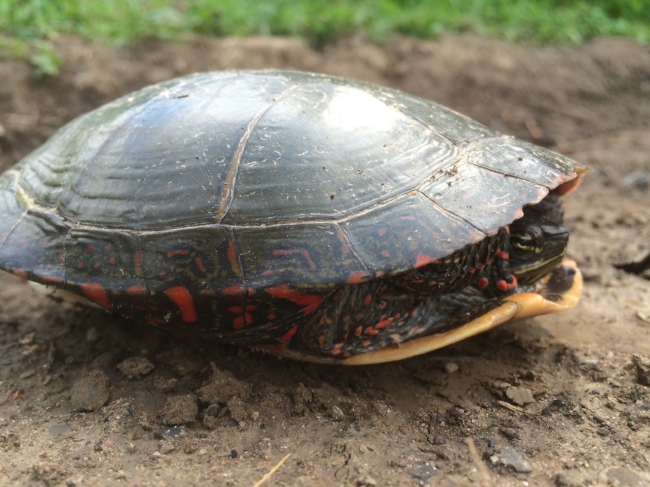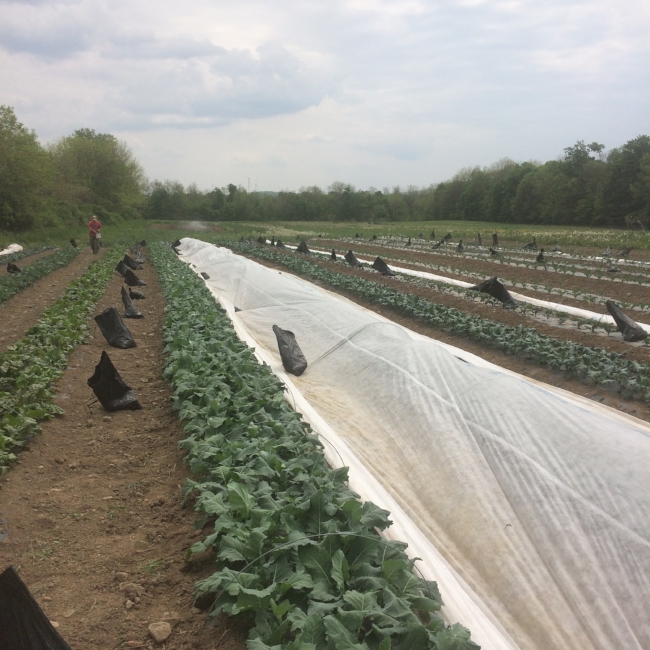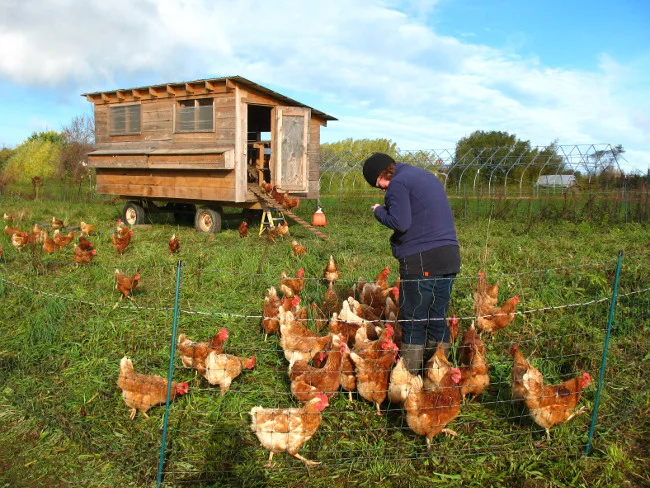How I Became a Farmer: Maryellen's Edition
/Since it's grey and chilly outside, there isn't much going on in the fields, so we thought we'd do a couple blogs to answer a question we get a lot: how we became farmers!
My parents are actually city folks, but they moved to a small town in rural Virginia before I was born, so I grew up watching and helping my father in his gardens and fields. After we moved to a rural Indiana farmsteadbefore junior high, I helped in the gardens and threw hay bales (unwillingly by this point because I was terrified of bugs, go figure!). My parents tried to soften the blow of teen angst of moving away from my friends by buying me a horse (not a good strategy from a safety standpoint if you know nothing about animals!).
Their plan worked spectacularly to help me learn to ride fast as Johnny was a bargain basement horse that largely entertained himself by galloping and bucking until I fell off. It did keep me out of trouble and working multiple jobs since animal chores are expensive and time consuming.
In college, I debated following my love of horses into the show industry, but started to question the point of putting makeup on animals and riding in circles. My degree was in government, with a focus on Russian and Middle Eastern comparative politics, which is an oddly more useful today than it was twenty years ago, but as the Lewinsky scandal broke my last year in school, I became much less interested in being part of the D.C. scene!
As graduation loomed, I saw a one sentence description in a Catholic volunteer newspaper about a farm in Massachusetts that provided alternative treatment for adults struggling with mental illness that was recruiting volunteers and sight unseen, something felt perfect about the opportunity.
One month later, I got off a Greyhound with a duffle bag and ate my first dinner at Gould Farm. It was amazing—the food was so fresh and so delicious and nearly 100% raised on the farm. I joke now that it was the hockey puck of their butter (yes, I ate the whole thing) that made me decide to become a farmer, but it’s not really a joke. Eating dinner that night is the only time in my life where I’ve had a blinding feeling that this is what I’m going to do forever—be in agriculture so I can eat this good of butter every meal.
Over the next seasons, I learned a lot about farm equipment, haying, non-horse livestock care, and growing a range of vegetable and field crops. I also learned how fun it can be to work with people from all different ages and backgrounds, and how much I appreciate being outside. After two years, I had the opportunity to work on a similar farm in Russian and then run a study abroad program in Jerusalem, but the rise of unrest in the Middle East ended that program and sent me back stateside to agriculture.
My next farm was a CSA in New Hampshire, where after I met Matt, my farming partner and I gradually took over the CSA. After six years on rented land, Matt and I wanted to buy our own farm, but in 2007, farm prices in NH and VT were insane. Discouraged, we switched gears to work on a farm in the Hudson Valley where we could save up money to buy a farm in more rural NY. And here we are!
Next week, we’ll have Matt’s half of the story!

